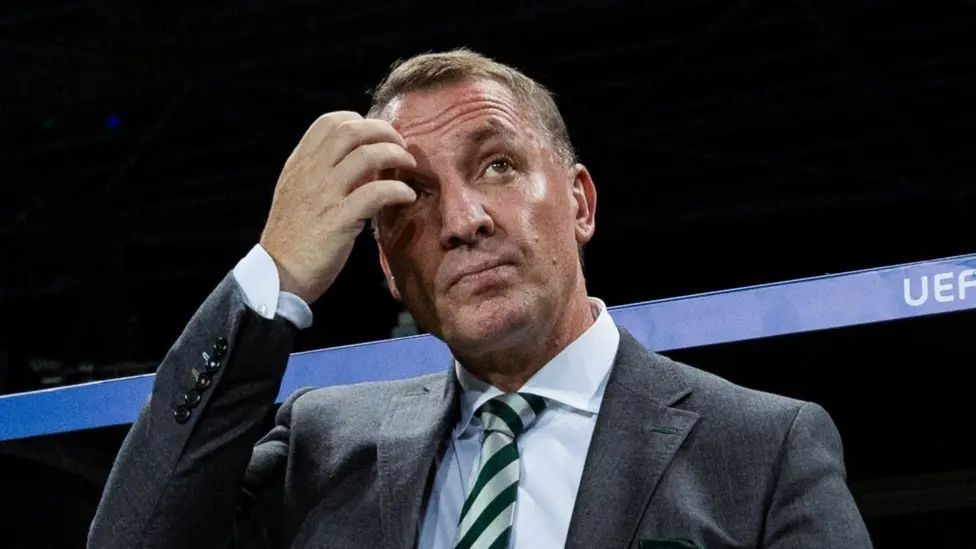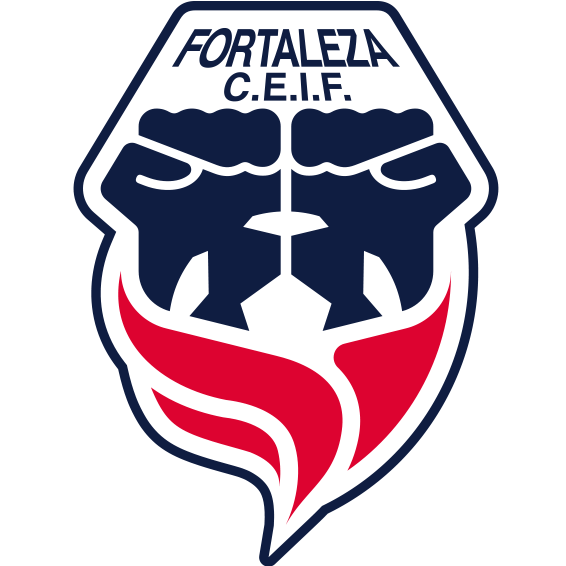
Where Does the Blame Lie for Celtic Champions League Exit?
There is something almost ritualistic about Celtic stumbling in the Champions League qualifiers. The script feels familiar: optimism, belief, and then the gut-punch of elimination to a club that most fans could barely find on a map. But this year’s disaster in Almaty, at the hands of Kairat, feels like something else entirely. It wasn’t just another European night gone wrong—it was humiliation.
No goals in 210 minutes. Three missed penalties in the shootout. Golden chances wasted, £40m evaporating into the Kazakhstan night air. This wasn’t just a bad night at the office; it was an institutional failure. And so the finger-pointing begins: at the players, the manager, the board, and perhaps at the culture of a club that can’t seem to decide if it wants to be more than the biggest fish in a small pond.
Celtic’s Catalogue of Painful Exits
Celtic supporters don’t need reminding of the names. Maribor. Malmö. AEK Athens. Cluj. Ferencvaros. Midtjylland. Each exit reopened the wounds of the previous one, each leaving its own scar on the collective psyche. And now, Kairat Almaty.
Brendan Rodgers has presided over heavy defeats before. Fans will recall those seven-goal drubbings at the hands of Barcelona and Paris Saint-Germain—matches so lopsided they almost stopped being painful. But this one? This one cut differently. Kairat aren’t global giants, nor are they a European powerhouse. They are a side Celtic should have beaten, even on an off day.
And yet Celtic contrived to make them look formidable. The ghosts of Lisbon 1967 and the mythology of those thunderous Champions League nights at Celtic Park now feel like the only thing holding together the idea of Celtic as a European club of stature.
How Did It Come to This?
The answer, predictably, is complicated. This was not just about missed penalties or Rodgers’ tactics on the night. This was about years of half-measures, a failure to invest when the team was riding a wave, and a culture that sometimes seems content with domestic dominance as the end goal.
Only a few months ago, Celtic were trading blows with Bayern Munich in the Champions League. They lost narrowly, but in doing so earned credibility, momentum, and belief. There was money in the bank and cautious optimism in the stands. But instead of building, Celtic stood still. Instead of refreshing the squad, they gambled—waiting to secure qualification before spending.
That gamble backfired spectacularly.
The Board Must Take Its Share
It is impossible to assess this collapse without looking at Celtic’s leadership. Dermot Desmond remains the shadowy figure behind the curtain, immensely powerful but rarely heard. Michael Nicholson, the chief executive, has offered little in the way of vision or explanation. Supporters are entitled to ask: what is the long-term plan?
The holes in the squad were glaring long before the Almaty nightmare. A lack of energy, creativity, and cutting edge has been evident, and yet the board seemed reluctant to act decisively. Yes, money has been spent—on Arne Engels, Adam Idah, Auston Trusty. But the strategy felt reactive rather than proactive. And when the dust settled on Tuesday night, Celtic were weaker than they had been a year earlier.
Rodgers Cannot Escape Criticism
Still, it would be far too easy to dump all responsibility at the boardroom door. Brendan Rodgers is no innocent bystander here.
His habit of heaping praise on his team after comfortable wins against domestic minnows only papers over cracks. Celtic can thump Livingston or Motherwell and look like world-beaters, but in Europe the reality is harsher. Against disciplined, motivated opposition, his side too often look one-dimensional.
Rodgers has also struggled with recruitment. Many of his signings are not regular starters. Engels and Idah have been peripheral figures, Trusty injured, while the backbone of the team remains the legacy of Ange Postecoglou. Too many players from last season have regressed, and Rodgers has not managed to coax improvement out of those he hand-picked.
The result? A team lacking cohesion, confidence, and conviction when it matters most.
Domestic Dominance Isn’t Enough
The wider issue here is ambition—or a lack thereof. For too long, Celtic’s success has been measured almost entirely by their ability to stay ahead of Rangers. Winning league titles, hoovering up Scottish Cups, and reminding their rivals of their place has become the default definition of progress.
But European football tells a different story. To those who aspire for Celtic to be more than just Scotland’s dominant force, the limitations are painfully clear. The board’s vision seems rooted in parochialism, with progress in Europe an afterthought. Rodgers, for all his frustrations, has not broken that cycle.
And so, while Celtic will likely end this season with one, two, maybe even three domestic trophies, their European campaign is already a write-off. The chance to build on the Bayern Munich performance has been squandered, replaced instead with bitterness and division.
Where Does the Blame Ultimately Lie?
The truth is that this was a collective failure. The players missed the chances and fluffed the penalties. Rodgers failed to adapt, his new recruits underwhelming. The board, by gambling on progress before investing, left the squad short of quality.
No single culprit can be singled out, because this was systemic. A club of Celtic’s stature should not be meekly exiting to Kairat Almaty, and yet here we are.
The frustration is amplified by the sense of wasted opportunity. A club that once pushed Bayern Munich to the brink now finds itself licking its wounds after being embarrassed in Kazakhstan. It’s the sharpest possible reminder that in football, standing still is just another way of going backwards.
The Road Ahead
Rodgers insists there is no conflict between him and the board, but his frustration is palpable. Without a contract extension on the table, his future looks uncertain beyond next summer. Perhaps that suits both sides.
For now, Celtic must turn inward. They’ll regroup, refocus, and almost certainly continue their domestic dominance. But unless they confront the structural issues—the lack of ambition, the muddled recruitment, the complacency in Europe—this cycle will continue.
For supporters, the challenge is equally daunting. To demand better while bracing themselves for the likelihood of more heartbreak on the continent.
Conclusion: Lessons From Almaty
Celtic’s exit to Kairat will be remembered as one of their most humiliating European failures. But it should also be a catalyst. It should spark hard questions about ambition, strategy, and standards.





































There are no comments yet. Be the first to comment!